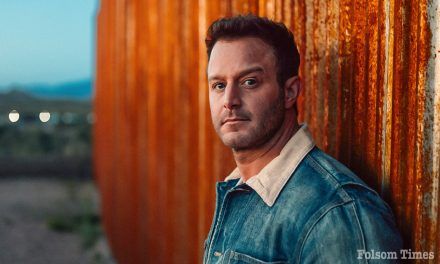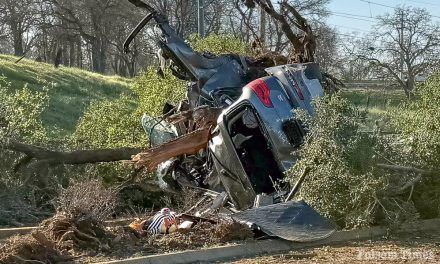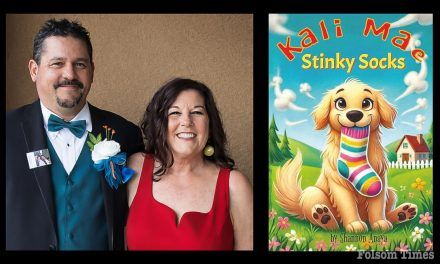Beginning in April of this year,16 and 17-year-olds in Newark will be able to vote in school board elections.It is the largest reduction in voting age since the 26th Amendment, which lowered the national voting age from 21 to 18.
The ordinance would mean that roughly 7,000 students would be eligible to vote. In Newark, a city with over 195,000 registered voters, under 10,000 participated in last year’s school board elections – a measly 3.1%. Ninety percent of the Newark population is Black or Latino, which is reflected in the population of the schools.
It’s not the first place in the United States to enact such a law:communities in Vermont and Marylandhave lowered the voting age for local elections. Technically, students can vote in school board elections in Berkeley, California, but the decision has never been actually implemented.
The decision promises both to encourage civic participation and to give students a way to be heard on issues that affect their day-to-day life, like the implementation of Advanced Placement classes.
“This is a great acknowledgement by the city of Newark that the choices made by members of the school board affect 16-17 year olds and this gives those students a voice and a way to be heard,” said Dan Hess, the AP Government and Economics teacher at Vista del Lago High School. “If these 16-17 year olds come out in force and make their voices and opinions heard, the school board will have to listen to them and take their views into account – not just the views of the parents or members of the community who… speak at meetings!”
“I think it’s actually something that is beneficial,” said Colin Weis, a senior at Vista who has worked for Congressman Ami Bera and Assembly member Ken Cooley. “What I see as the drawback is students not taking the time to educate themselves,” and peer pressure, he said.
When asked if he thought students would participate, Weis said, “I think they would definitely participate. I’ve met and talked to a lot of students who want to be involved [with the way the school is run].”
YK Chalamcherla, a Folsom council member who is running for the California State Assembly, agreed. “[Youth participation] is already relatively high in every election…They’ll pay attention to homelessness, affordable housing, because at 18, you’re leaving the house.” Mr. Chalamcherla also highlighted problems with drug use on campus.
More concrete benefits also come with earlier voting –research showsthat “voting in one election substantially increases the likelihood of voting in the future,” and voting younger translates to voting throughout life.
“I think [if this happened in Folsom]… they would want to elect leaders that reflect their beliefs, and their views, and support what they wanted to happen,” Weis said.
Jackson Andrews is a student at Vista del Lago High School. He writes for the Vista Voice, in which this article he authored also appeared.




